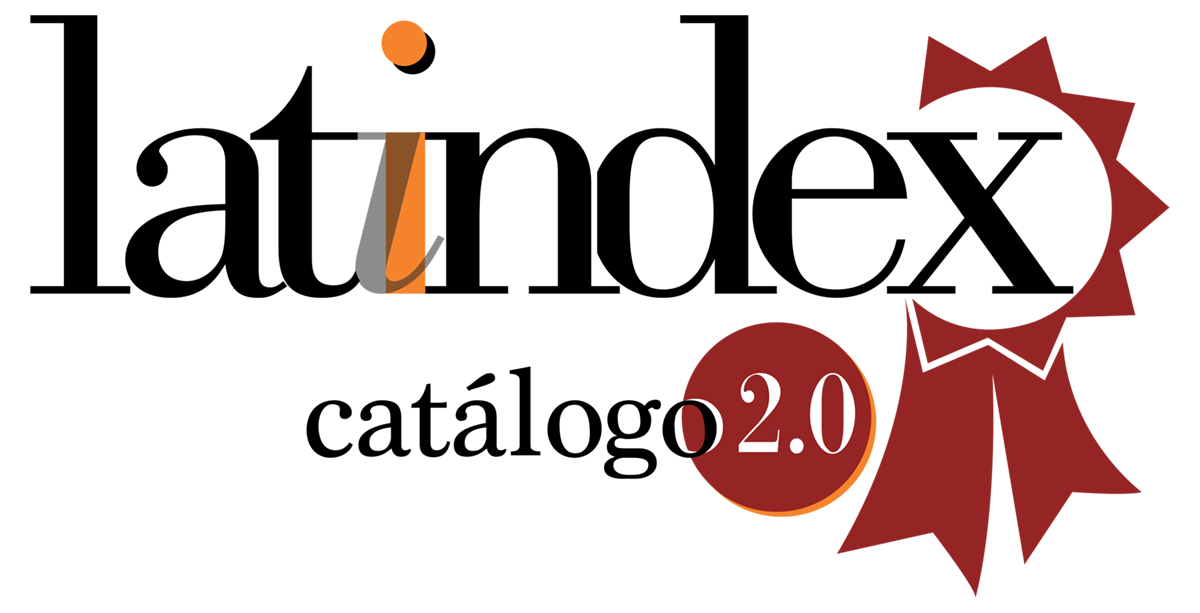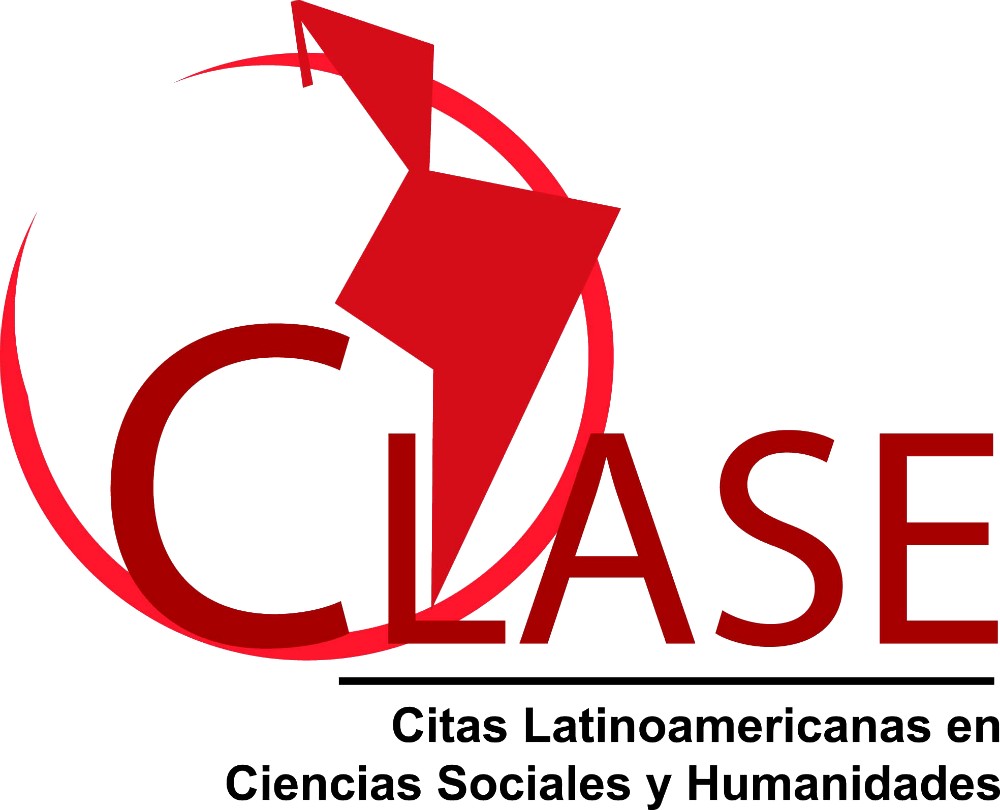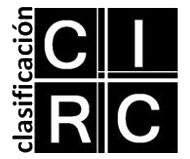Confinements and temporalities
Time experiences during Covid-19 mandatory isolation
DOI:
https://doi.org/10.24215/16696581e427Keywords:
Covid-19, Isolation, Time, RoutinesAbstract
This article presents initial results of an exploratory investigation into how Covid-19 mandatory isolation affected uses and experiences of time. The central assumption is that the sudden stop of millions of routines, and the confinement of a substantial part of the activities to the domestic realm, offered an unprecedented opportunity to elucidate both current aspects of the temporal experience and specific aspects of this particular situation. The work is based on interviews carried out in the city of Córdoba between the end of April and the end of May 2020, when Mandatory Social Isolation was going through the second of its almost three months of full duration. After exposing conceptual and methodological guidelines, the main results are presented and the conclusions sum up some theoretical implications.
Downloads
References
Bourdieu, P. (1999). El tiempo, el ser social y el sentido de la existencia. En P. Bourdieu, Meditaciones pascalianas (pp. 273-323). Barcelona, Anagrama.
Bourdieu, P. (2007). El sentido práctico. Buenos Aires: Siglo XXI.
Garfinkel, H. (2006). Estudios de etnometodología. México: Anthorpos.
Goffman, E. Frame Analysis. Los marcos sociales de la experiencia. Madrid: CIS.
Lahire, B. (2004). El hombre plural: los resortes de la acción. Barcelona: Bellaterra.
Luhmann, Niklas (1992). El futuro no puede empezar: estructuras temporales de la sociedad moderna. En R. Ramos Torre (ed.). Tiempo y sociedad (pp. 161-182). Madrid: CIS.
Merton, R. (1992). Las duraciones esperadas socialmente: un estudio de caso sobre la formación de conceptos en sociología. En R. Ramos Torre (ed.). Tiempo y sociedad (pp. 275-306). Madrid: CIS.
Pronovost, G. (1989). The Diversity of Social Time: the Role of Institutions. Current Sociology, nº 37, 37-62
Ramos Torre, R. (2017). Futuros sociales en tiempos de crisis. Arbor, Vol. 193-784, 1-14
Rosa, H. (2016). Aceleración y alienación. Hacia una teoría crítica de la temporalidad en la modernidad tardía. Buenos Aires: Katz.
Schütz, A. (1974). Tiresias, o nuestro conocimiento de sucesos futuros. En A. Schütz. Estudios sobre teoría social (pp-255-269). Buenos Aires: Amorrortu.
Valencia García, Guadalupe (2007). Entre Cronos y Kairós: las formas del tiempo sociohistórico. México: UNAM/Anthropos
Zerubavel, E. (2009). “Tiempo privado y tiempo público”. Acta Sociológica, nº49, 15-47.
Downloads
Published
How to Cite
Issue
Section
License
La aceptación de un original por parte de la revista implica la cesión no exclusiva de los derechos patrimoniales de los/as autores/as en favor del editor, quien permite la reutilización, luego de su edición (postprint), bajo una Licencia Creative Commons Atribución-NoComercial-CompartirIgual 4.0 Internacional (CC BY-NC-SA 4.0)
Acorde a estos términos, el material se puede compartir (copiar y redistribuir en cualquier medio o formato) y adaptar (remezclar, transformar y crear a partir del material otra obra), siempre que a) se cite la autoría y la fuente original de su publicación (revista y URL de la obra), b) no se use para fines comerciales y c) se mantengan los mismos términos de la licencia.
La cesión de derechos no exclusivos implica que luego de su edición (postprint) en Question las/os autoras/es pueden publicar su trabajo en cualquier idioma, medio y formato; en tales casos, se solicita que se consigne que el material fue publicado originalmente en esta revista.
Tal cesión supone, también, la autorización de los/as autores/as para que el trabajo sea cosechado por SEDICI, el repositorio institucional de la Universidad Nacional de La Plata, y sea difundido en las bases de datos que el equipo editorial considere adecuadas para incrementar la visibilidad de la publicación y de sus autores/as.
Asimismo, la revista incentiva a las/os autoras/es para que luego de su publicación en Question depositen sus producciones en otros repositorios institucionales y temáticos, bajo el principio de que ofrecer a la sociedad la producción científica y académica sin restricciones contribuye a un mayor intercambio del conocimiento global.















































